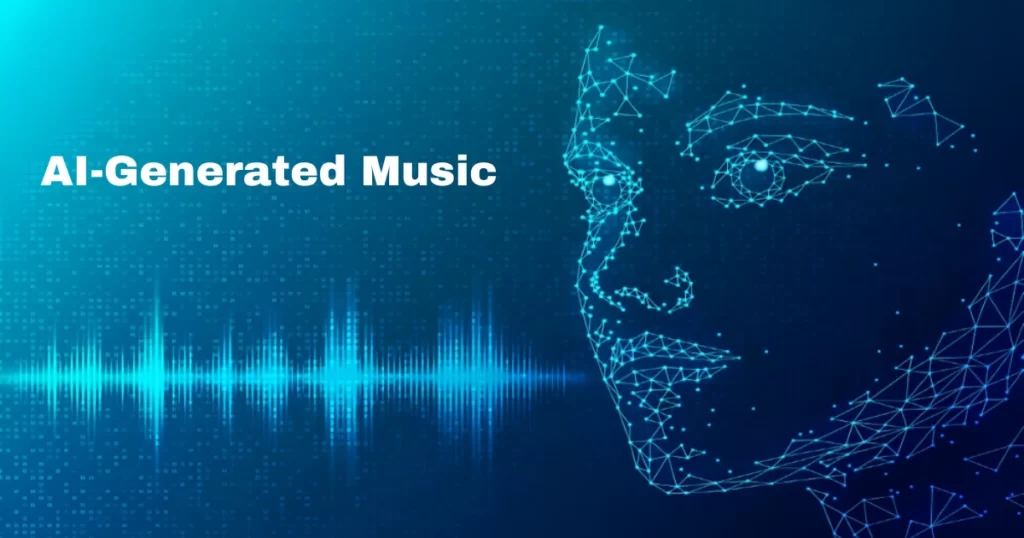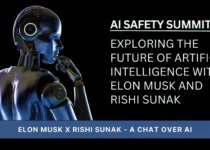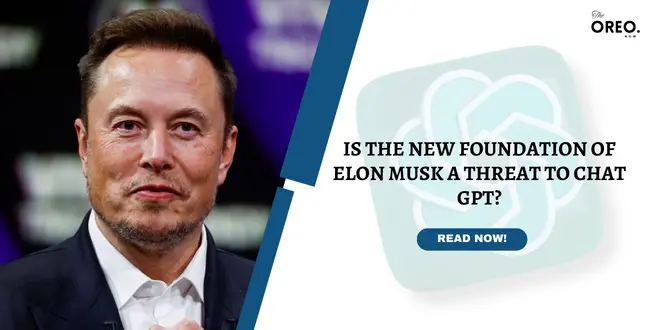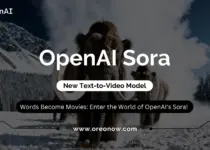AI-Generated Music: Licensing, Copyright, and Creativity Unveiled
Artificial intelligence is causing a peculiar yet intriguing phenomenon to occur in the creative industry: the emergence of music that is generated by machines, amidst an era defined by technology’s profound impact on artistic fields. Let your imagination conjure up the fusion of Frank Sinatra’s suave singing infused with the energetic rhythms of hip-hop, or consider the tranquil melodies of Johnny Cash collaborating with a beloved pop sensation.
This is a new and exciting world where Google and Universal Music are using artificial intelligence to bring back old melodies and voices. They are combining creativity and computation to make this possible. As technology and human expression come together, we have AI-generated music taking the spotlight. This world is filled with curiosity and allure, inviting us to witness the fascinating fusion of inventive ideas and artistic expression.
Amongst the ongoing innovativeness in technology, there exists captivating progress in music known as AI-generated music. By merging artificial intelligence with artistic creativity, “deepfake” songs are generated that perfectly imitate the singing, style, and lyrics of iconic musicians. These effects have a strong impact on the music industry and start conversations about copyright, creativity, and what makes each artist unique.
Google with universal music to license ai generated music
This means that AI technology will be used to create music and determine if it can be licensed or not. They are the first ones to do this, making them pioneers in the field. Google and Universal Music are having discussions to let AI compose songs using artists’ melodies and voices. The main objective of this robust collaboration is to analyze a complex scenario where artificial intelligence generates music that mimics the signature styles of renowned artists.
The aim of these discussions is to address a significant issue faced by the music industry, while simultaneously introducing a novel approach to generate revenue and facilitate the creation and sharing of AI-generated tracks.
As more AI-generated music is created, we need to ask if AI voices can be protected by copyright. The fusion of artistic innovation and technological advancements sparks thought-provoking legal and moral inquiries. The artist’s fundamental identity, intertwined with their financial stability and public perception, hangs in the balance.
Many computer-generated tunes closely mimic the styles of famous singers such as Frank Sinatra and Johnny Cash. However, there are some difficult moral issues involved. Jeffrey Harleston, the chief legal officer of Universal Music, asserts that taking an artist’s voice without consent is intrinsically unjust, irrespective of the method employed.
Can AI generate music?

The swift development of AI music sparks contemplation on the capacity of technology to be artistic. The limits of artistic expression are changing slightly when AI systems create music with incredible accuracy. However, this innovative approach to expressing creativity brings up significant issues regarding the sources of our inspiration and the enigmatic essence of music. Does the fusion of human creativity and machine algorithms prompt contemplation on whether AI is capable of crafting music that profoundly impacts our emotions?
AI-Generated Songs: An Interesting Mix of Controversy and Working Together
The digital age is having a big impact on the music industry. While Google and Universal Music have a good partnership, they still have their fair share of arguments and disagreements. There is a growing worry among artists regarding the unauthorized reproduction and utilization of their work. A source of worry for them is the potential dilution and inadequate preservation of their artistic legacies.
Grimes and other artists are ecstatically embracing the use of AI in their creative pursuits amidst all the commotion. Inventors and artists understand that working together with AI-generated music could lead to exciting new advancements in music.
The combination of art and technology continues to change the music world, revealing unexpected possibilities. The association between Google and Universal Music symbolizes a crucial juncture in the music industry’s growth, with artificial intelligence-generated melodies presenting novel possibilities for artistic exploration.
With the increasing ability of artificial intelligence to mimic and compose music, the music industry is on the brink of a transformative shift. Is it possible for artificial intelligence to aid humans in the creation of music?
The future of music beckons for a harmonious blend of fresh concepts and remaining faithful to the art form, which calls upon musicians, technology experts, and listeners.
Must Read: Open AI – Shuts Down due to bypass AI detection tools?




One Comment